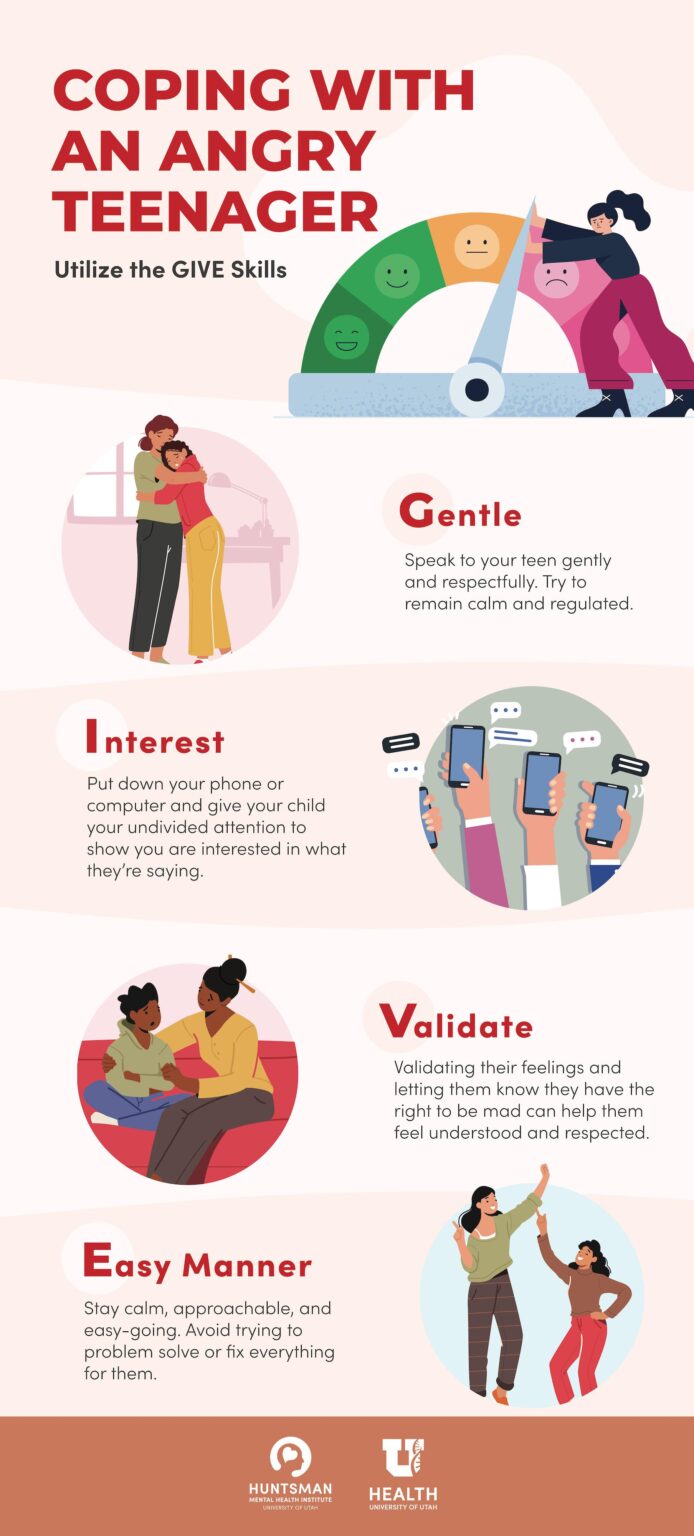Cameroon’s Presidential Elections: The Persistent Leadership of Paul Biya and the Quest for Democratic Reform
Paul Biya’s Prolonged Presidency and Its Influence on Cameroon’s Political Stability
Since taking office in 1982, Paul Biya has remained at the helm of Cameroon’s government, making him one of Africa’s most tenured heads of state. His decades-long leadership is often credited by supporters for maintaining national cohesion amid regional tensions and political fragmentation. The administration emphasizes that this continuity has been vital in preserving stability within a diverse country facing various internal challenges.
However, detractors argue that Biya’s extended rule has impeded democratic progress by centralizing authority among a select elite and marginalizing opposition groups. This concentration of power raises concerns about the health of Cameroon’s political pluralism and the inclusiveness of its governance system.
Electoral Challenges: Integrity Concerns and Calls for Systemic Reforms
The credibility of Cameroon’s electoral process remains under scrutiny due to recurring allegations including voter intimidation, ballot manipulation, and constraints on political freedoms during election periods. These issues have sparked persistent demands from opposition parties, civil society organizations, and international observers for comprehensive reforms aimed at enhancing transparency.
- Creation of truly independent electoral bodies with full operational autonomy
- Modernization and verification improvements in voter registration systems to curb fraud
- Liberalization of media coverage to ensure balanced reporting throughout campaigns
- The deployment of impartial international election monitors to oversee voting procedures
| Election Year | Elected President | Voter Turnout (%) | Main Opposition Reaction |
|---|---|---|---|
| >2018< /td>> < | >Paul Biya< /td>> < | >71< /td>> < | >Opposition dismissed results citing irregularities< /td>> < |
| >2011< /td>> < | >Paul Biya< /td>> << td >>68< td >> << td >>International calls for electoral reform< td >> < tr >> << tr >> << td >>2004< td >> << td >>Paul Biya< td >> << td >>75% turnout reported< td >> <<<|vq_15306|>>>Protests erupted over alleged vote tampering<<<|vq_15306|>>> <<<|vq_15306|>>> <<<|vq_15306|>>> <<<|vq_15306|>>> The Broader Implications for Cameroon’s Democratic Future Amidst Global TrendsThe persistence of long-serving leaders like Paul Biya is not unique to Cameroon but reflects a broader pattern seen across several African nations where incumbents maintain power through contested elections. For instance, neighboring countries such as Uganda have witnessed similar dynamics where presidents extend their tenure amid debates over democratic legitimacy. As global attention increasingly focuses on governance standards in Sub-Saharan Africa-highlighted recently by high-profile diplomatic visits such as President Biden’s trip to Angola-the pressure mounts on governments like Cameroon’s to embrace reforms that foster genuine political competition. Looking ahead, whether Cameroon can balance its need for stability with demands for greater electoral transparency will be critical in shaping both domestic peace and its international standing. Emerging youth movements advocating digital activism also signal potential shifts toward more participatory politics despite entrenched power structures. Keywords: Paul Biya presidency, Cameroon elections integrity, African political reform, voter registration improvements in Cameroon, independent electoral commission Africa. A Glimpse into What Lies Ahead: Navigating Continuity Versus Change in Cameroon’s Political LandscapeAs preparations begin for upcoming elections scheduled within the next few years,Cameroon stands at a crossroads between enduring leadership continuity under Paul Biya-and mounting calls from citizens demanding transparent governance reforms. p > While his longstanding incumbency underscores complex socio-political realities unique to the nation,the evolving aspirations among younger generations coupled with increased civic engagement may well redefine future trajectories. p > Observers both domestically and internationally will keenly monitor whether these forces culminate into meaningful transformation or if existing patterns persist unchanged. p > |

